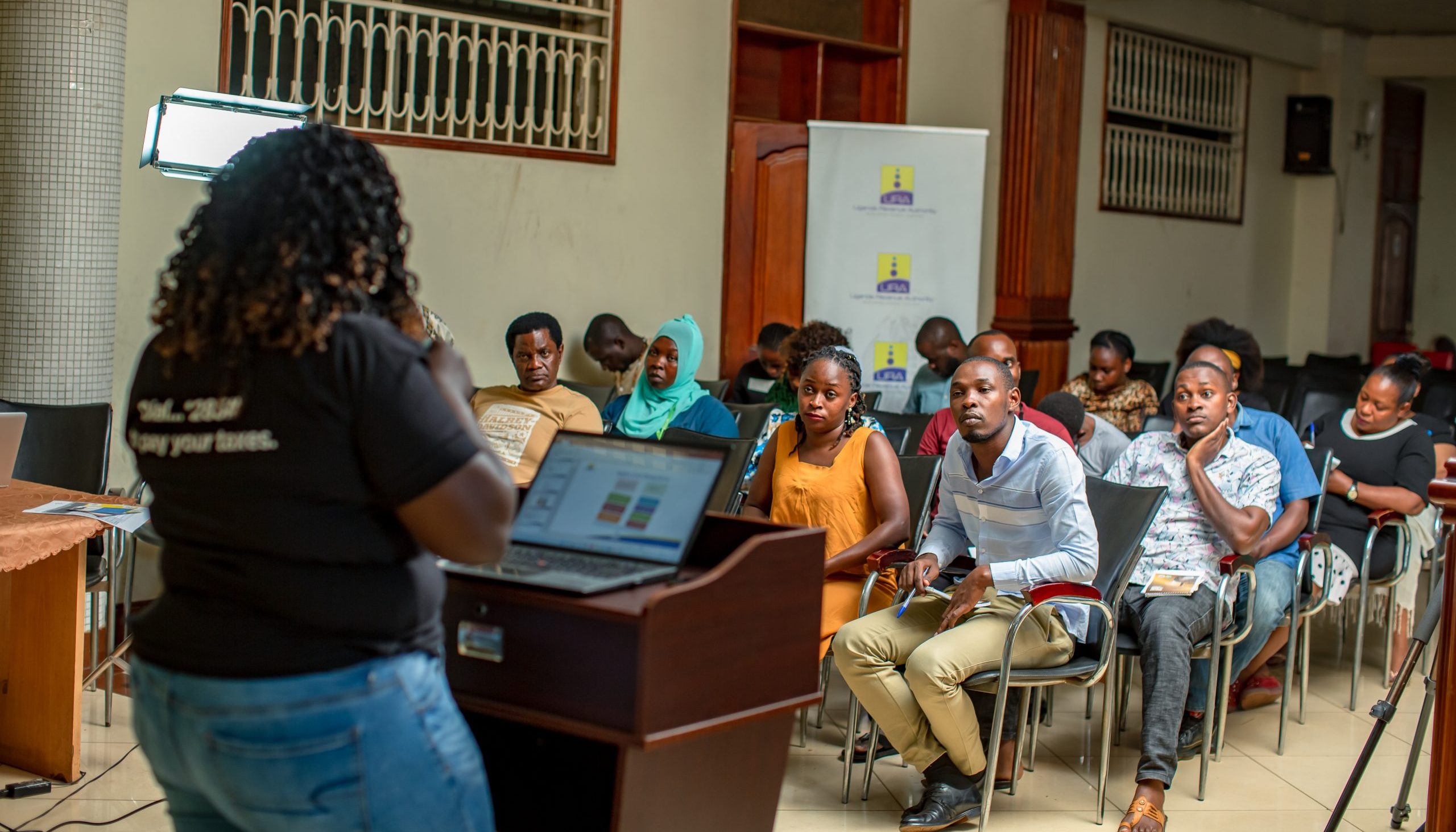
Uganda Revenue Authority (URA) has teamed up with the Institute for Social Transformation (IST) and Urgent Action Fund-Africa to launch an initiative aimed at demystifying the Electronic Fiscal Receipting and Invoicing Solutions system. This collaboration seeks to address widespread confusion and resistance among traders regarding EFRIS and taxation.
Over the past few weeks, the project reached women in over 12 markets in six districts of Kampala, Gulu, Iganga, Arua, Pader and Busia.
Moureen Wagubi of IST said that the partnership with Urgent Action Fund-Africa is designed to improve traders’ comprehension of the EFRIS system.
“We are addressing significant confusion among traders who lack information about EFRIS and its implementation,” said Wagubi, reassuring traders that EFRIS is not a tax in itself but a tool to facilitate smoother transactions and compliance.
During the sessions, URA team lead Mercy Okori provided crucial insights into taxpayers’ rights and obligations.
“Traders have the right to be treated fairly, have their information kept confidential and object to any URA assessments. Conversely, traders must fulfill their tax obligations, including accurate record-keeping and avoiding tax evasion,” Okori noted.
Tax Education expert Sandra Grace Kakooza detailed the VAT rates and their applicability.
“Standard-rated supplies are taxed at 18%, while zero-rated supplies file nil returns and include exports and certain drugs. Exempt supplies, such as unprocessed agricultural products and some educational services, do not attract VAT,” said Kakooza.
She also outlined the obligations for VAT-registered businesses, including issuing e-invoices, filing VAT returns within 15 days after the end of month and maintaining accurate records.
Kakooza called for VAT registration saying it offers benefits such as access to larger business opportunities, the ability to claim VAT on purchases, and no penalties for non-compliance.
This initiative speaks to URA’s commitment to enhancing tax literacy and supporting traders in understanding and adhering to tax regulations, thereby contributing to Uganda’s economic growth and development.
By Joshua Niyonshima





No Comments yet!